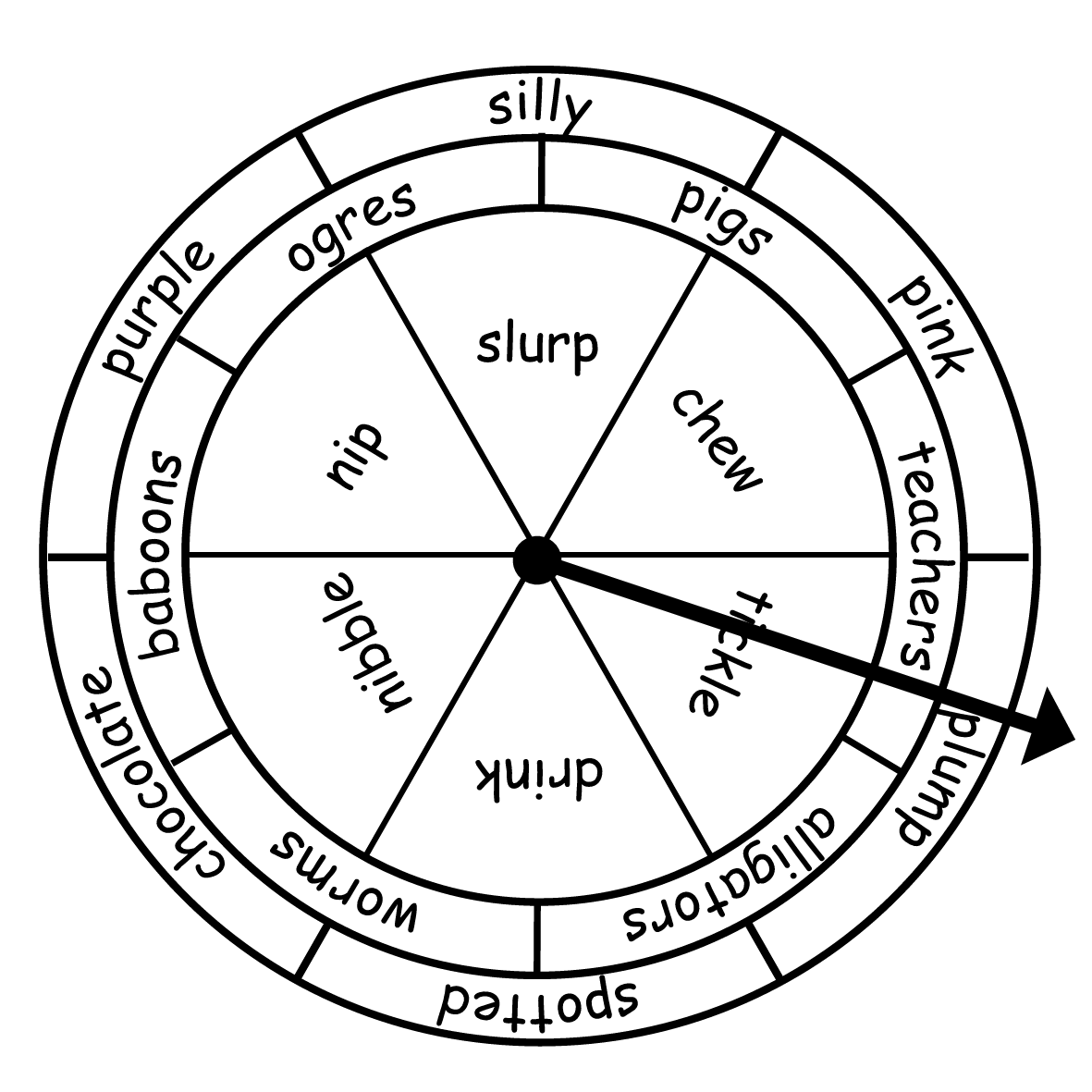| << Chapter < Page | Chapter >> Page > |
Try these:
| one | two | three or more |
|
||
| tallest | ||
| poorer | ||
|
||
| sillier | ||
| harder | ||
| quickest | ||
| oldest |
These adjectives do not follow the rules! Learn them:
| bad | worse | worst |
| good | better | best |
| much | more | most |
| little | less | least |
| dead | dead | dead |
Rewrite the following, using the proper form of the adjective in brackets.

It is more dangerous to climb a mountain without a safety harness.
e. He is the _________ impatient person I know.
Can you think of any others like this?
LO 1
LISTENING The learner will be able to listen for information and enjoyment, and respond appropriately and critically in a wide range of situations.
We know this when the learner:
1.1 understands stories (told or read to learners):
1.1.7 summarises the story with support;
1.5. respects other learners:
1.5.3 encourages other group members to support fellow learners.
LO 2
SPEAKING The learner will be able to communicate effectively in spoken language in a wide range of situations.
We know this when the learner:
2.1 interacts in an additional language:
2.1.2 takes part in a conversation on a familiar topic;
2.1.3 expresses an opinion and gives a reason for it;
2.3 uses additional language to communicate information:
2.3.4 describes the purpose of something (e.g. a familiar tool and what it is used for);
2.4 uses additional language creatively:
2.4.1 tells a story;
2.4.2 performs poems, songs and simple plays;
2.4.4 imagines and describes possibilities.
LO 6
LANGUAGE STRUCTURE AND USE The learner will know and be able to use the sounds, words and grammar of the language to create and interpret texts.
We know this when the learner:
6.2 uses language forms and structures to communicate orally and in writing:
6.2.7 uses some adjectives as comparatives and superlatives (e.g. bigger than, more expensive than, the biggest, the most expensive);
6.2.2 uses subject-verb concord (e.g. I have / she has);
6.4 develops own vocabulary:
6.4.1 analyses word formation (e.g. drum, drummer).
ACTIVITY 1
Before allowing the learners to begin, make sure that everyone understands your instructions clearly.
The learners assess their groupwork according to the given assessment scale. There is also a self-assessment and an assessment scale for the educator.
ACTIVITY 2
Additional information for the educator :
Adjectives can be used to form nouns : beautiful – beauty
Nouns : Punk-Cat ; tom-cat ; eyes ; tail
Verbs : gazes ; purrs ; flicking
The words describing the nouns are Adjectives: ginger, green long, fluffy. The words describing the verbs are Adverbs : lovingly, happily, slowly.
3. So often the children only use the words ‘good’, ‘bad’ and ‘nice’ (even the word ‘ugly’) – mostly incorrectly, or in the wrong context. This exercise aims to encourage the learners to think of, and to use, other descriptive words.
More than one answer could be correct.
4. Second paragraph is more interesting. The learners should be able to tell you that the paragraph is more interesting because there is more information. (It has been ‘coloured in’.)
5. Let different members of the class read out their sentences. Make a list of new words.
6. Comparing Adjectives :
How do they know when to use which form of the word:
CLUE : When comparing two , add - ier to the end of the word.
When comparing three or more, add -iest to the end of the word.
7. a) richest
b) younger
c) worst
d) least
e) fastest
8. a) That bicycle is more expensive than this one.
b) This the most comfortable chair in which I have ever sat.
c) You must be more careful with your books, Anne!
d) This is the most exciting story I have ever heard.
e) He is the most impatient person I know.
Peer-assess the learners: scale given in Learners’ module


Notification Switch
Would you like to follow the 'English first additional language grade 5' conversation and receive update notifications?